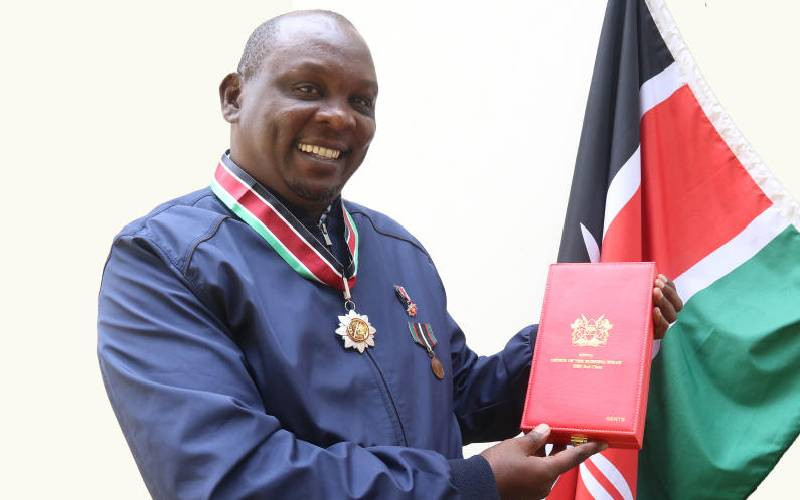
A child whose toe fell off into the water when they were cleaning her feet. A man whose body was so badly infested that he died of the complications at the last minute when the rescue team arrived.
A family that was heavily infested and a mother who had just given birth and one of her elder daughters was cutting the umbilical cord using teeth because they could not even afford a razor blade. They had just buried their infant in a carton box a week earlier.
What seems like gratuitous horror is just three of the cases that Dr Stanley Kamau has encountered that show the reality of how soul-destroying and physically debilitating jiggers can be.
Facts First
Unlock bold, fearless reporting, exclusive stories, investigations, and in-depth analysis with The Standard INSiDER subscription.
Already have an account? Login
 The Standard Group Plc is a multi-media organization with investments in media
platforms spanning newspaper print
operations, television, radio broadcasting, digital and online services. The
Standard Group is recognized as a
leading multi-media house in Kenya with a key influence in matters of national
and international interest.
The Standard Group Plc is a multi-media organization with investments in media
platforms spanning newspaper print
operations, television, radio broadcasting, digital and online services. The
Standard Group is recognized as a
leading multi-media house in Kenya with a key influence in matters of national
and international interest.











